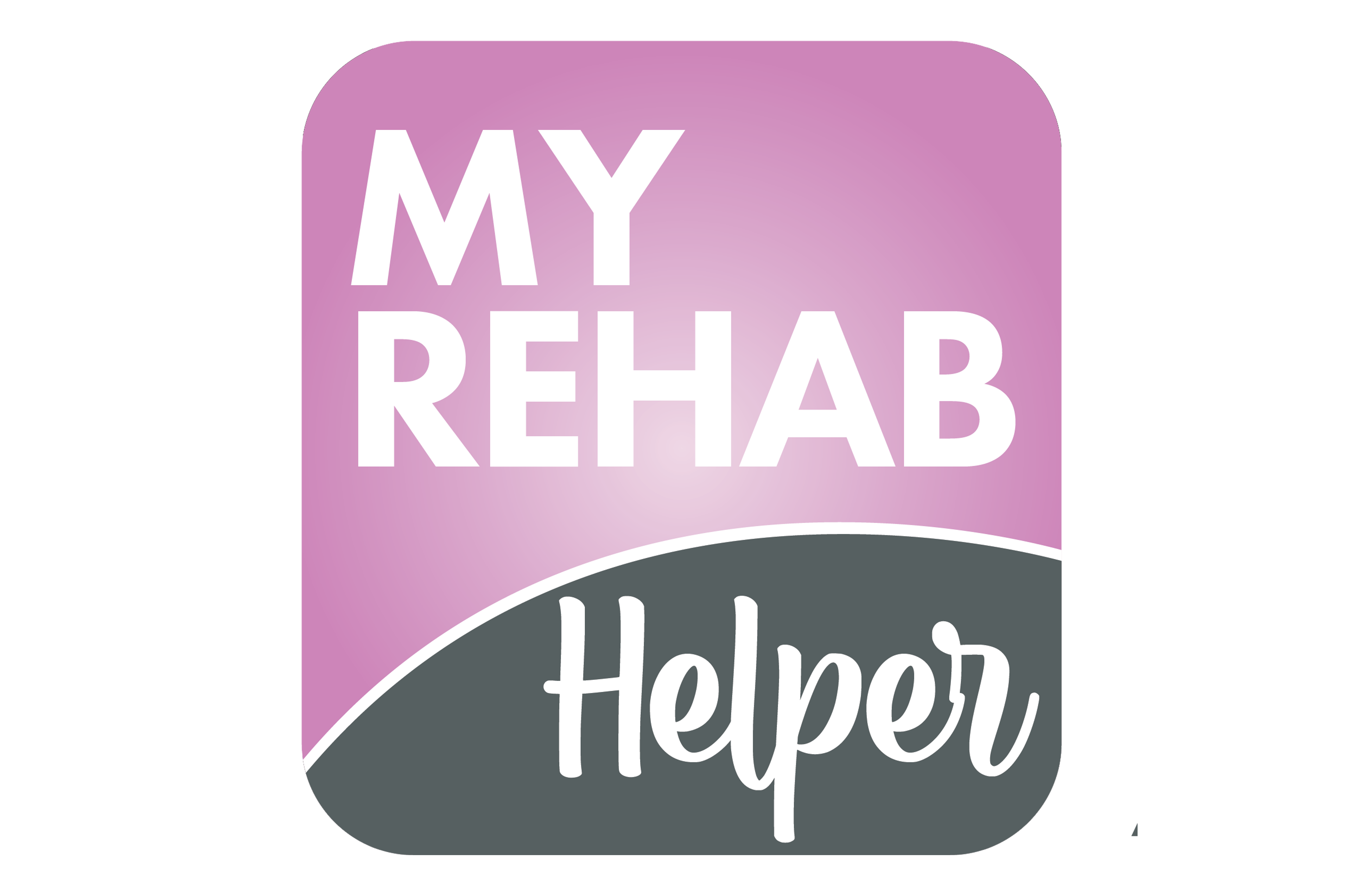Supporting Students Affected by Parental Alcohol Abuse:
May is Mental Health Awareness Month!
Empowering Educators: Aiding Students Facing Parental Alcohol Abuse
As we recognize Alcohol Awareness Month, it is vital to address the role of teachers and educators in supporting students who are experiencing the effects of parental alcohol abuse. Educators are often on the front lines of a child’s life, uniquely positioned to notice signs of distress and provide much-needed support. This page is dedicated to helping educators understand the impact of parental alcohol abuse on students and offering strategies for creating a supportive learning environment.
Recognizing the Signs
Understanding the Impact on Learning and Behavior
Students affected by parental alcohol abuse may exhibit various signs that can be noticed in a classroom setting. These may include changes in academic performance, absenteeism, behavioral issues, social withdrawal, or even becoming overly responsible or mature for their age. It is important to approach these signs with understanding and not to jump to conclusions, as they can also be indicative of other stressors in a student’s life.
Creating a Supportive Classroom Environment
Fostering Open Communication
Creating an environment where students feel safe to share their concerns can make a significant difference. Encourage open communication and make it known that your classroom is a judgment-free zone. Sometimes just knowing there is a trustworthy adult they can talk to goes a long way for a child in distress.
Implementing Trauma-Informed Practices
Adopting a trauma-informed approach to teaching recognizes that traumatic experiences like parental alcohol abuse impact all areas of a child’s life. Ensure that your teaching methods include patience, consistency, and predictability, and always prioritize the emotional well-being of your students alongside their academic success.
Intervention and Support Strategies
Connecting with Support Services
Schools often have a network of resources such as counselors, social workers, and school psychologists. Familiarize yourself with these services and be prepared to connect students and families with the appropriate support. In some cases, you may be the bridge between the student and the help they need.
Educational Strategies for Affected Students
Adjusting your educational strategies may be necessary to meet the needs of a student dealing with parental alcohol abuse. This could include personalized learning plans, additional tutoring sessions, or working alongside special education professionals if needed.
Collaborating with Families and Communities
Engaging in Sensitive Dialogue with Families
When necessary, engaging in discussions with families about a child’s performance at school should be done sensitively and confidentially. It is crucial to approach such conversations without judgment and from a place of concern for the student’s well-being.
The Power of Routine and Stability
In the face of home life unpredictability, the classroom can offer a sanctuary of stability. Establishing clear, consistent routines can provide the predictability and structure that these children desperately need to feel safe and secure.
Open Communication Channels
It’s important for educators to foster open, non-judgmental lines of communication. Let students know they have someone to talk to, whether it’s about schoolwork or personal challenges. Having a trusted adult can make a world of difference to a child in need.
Tailored Support and Resources
School counselors and special education teams can be invaluable in providing tailored support to students affected by parental alcohol abuse. Collaborate with these professionals to create an individualized plan that addresses the student’s academic, emotional, and social needs.
Social-Emotional Learning (SEL) Integration
Integrate SEL into the curriculum to help all students develop key skills such as self-awareness, emotional regulation, and social awareness. These competencies are particularly beneficial for children facing personal challenges.
Educational Workshops and Training
Encourage professional development in the form of workshops or training sessions on topics like substance abuse, child psychology, and trauma-informed teaching. Equipped with this knowledge, teachers can better support their students.
Building Awareness and Advocacy
Psychoanalytic theory suggests that individuals often unconsciously repeat patterns of behavior or relationships that are familiar, even if they are destructive. Children of alcoholics might find themselves in relationships with partners who exhibit similar traits to their alcoholic parent, perpetuating a cycle of emotional turmoil and instability.
Fostering Collaborative Support:
Engaging with Addiction Recovery Centers and Professionals
To deepen the understanding and effectiveness of support within educational settings, it is essential for schools and educators to engage with local Addiction Recovery Centers and professionals who specialize in substance abuse, child psychology, and trauma-informed teaching. Collaboration with experts can empower educators with the knowledge and tools needed to provide comprehensive support to students impacted by parental alcohol abuse.
Establishing Partnerships with Local Experts
Inviting Professionals for In-School Workshops
Schools can invite experts from local Addiction Recovery Centers or therapists specializing in family counseling to conduct workshops for teachers and staff. These sessions can cover the psychological effects of alcoholism on families, signs of distress in children, and appropriate intervention strategies.
Developing a Referral Network
Creating a referral network with these centers can offer a direct line of support for students and their families. Educators will have reputable professionals to recommend when a situation extends beyond the school’s resources.
Enhancing Education Through Expert Insight
Curriculum Development
Incorporate expert insights into curriculum development, especially in health and social sciences. These professionals can provide up-to-date information on substance abuse trends, preventive measures, and healthy coping strategies.
Trauma-Informed Teaching Practices
Learning from professionals who understand the intricacies of trauma can transform teaching practices. Training in trauma-informed approaches can guide educators in creating a classroom environment that is sensitive to the needs of all students, especially those experiencing trauma at home.
Joint Awareness Campaigns
Collaborate with addiction recovery centers to launch awareness campaigns that highlight the effects of substance abuse on individuals and families. Campaigns can include school assemblies, information booths, and distribution of educational materials to students and parents.
Support Groups and Counseling
Encourage the establishment of on-campus support groups for students, led by qualified professionals. Regularly scheduled counseling sessions can provide ongoing support, promote healing, and build resilience among affected students.
Empowering Educators with Continuous Learning Opportunities
Regular Training Sessions
Commit to regular training and development opportunities for educators. Keeping abreast of the latest research and best practices in supporting children affected by parental substance abuse is key to effective intervention.
Professional Development Credits
Work with addiction recovery centers to offer professional development credits for educators who participate in training and workshops. This incentivizes educators to engage in continuous learning and professional growth.
Conclusion
By actively engaging with local Addiction Recovery Centers and professionals, schools can enhance their support systems, providing teachers with the necessary skills to respond effectively to the challenges faced by students with alcoholic parents. Building these bridges not only enriches the educational environment but also solidifies the school’s role as a pivotal support structure within the community. During Alcohol Awareness Month and beyond, let’s commit to fostering these critical partnerships for the betterment of our students and their families.
Contact Our Team
For Ethical Screening & Referral Sources Contact:

Learn more about our partnership with MyRehab Helper
Click Here
